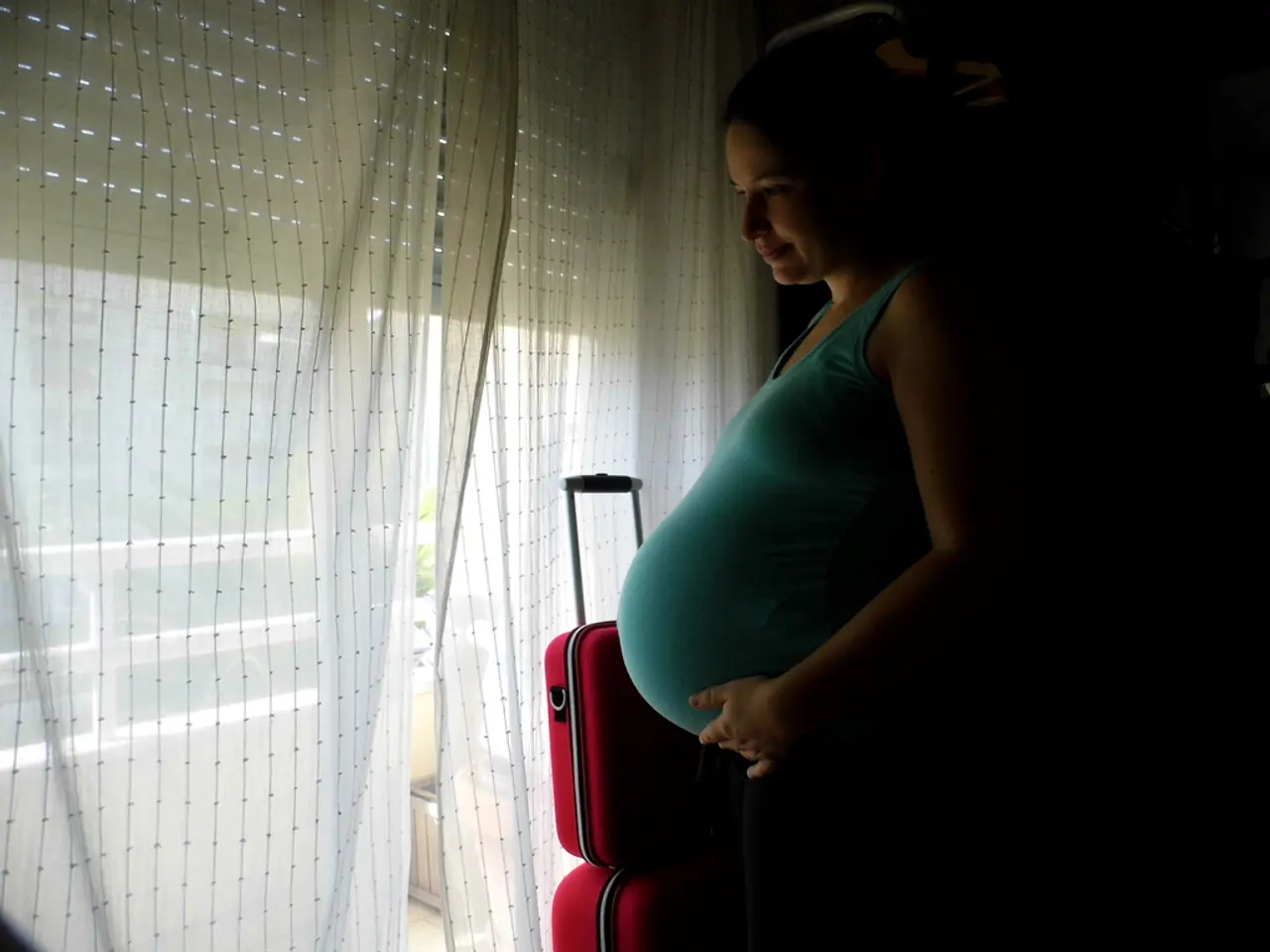Expectant Mothers Receiving Financial Aid Upon Prison Release
In Russia, the Ministry of Justice has implemented a decree regulating resocialization support for inmates, which includes pregnant, underage, and women with children. This move is part of a broader resocialization system aimed at reintegrating prisoners into society.
Starting August 17, these groups of inmates will receive a one-time payment of 850 rubles upon release, as set by the government. Some regional authorities may add a few thousand rubles to this allowance during probation. In addition, upon release, inmates can travel for free to their place of residence.
The resocialization program for inmates, which has been operating in Russia since 2024, typically provides:
- Specialized care and medical support for pregnant inmates and those with young children during incarceration.
- Educational and vocational training aimed at social reintegration.
- Psychological support and preparation for life after release.
- Establishment of social protection measures post-release, which can include financial assistance, housing support, and access to social services.
However, the specifics of these programs, such as the scale of financial support and their practical implementation, can vary and are not fully transparent in publicly available sources.
It's worth noting that inmates in Russia can opt out of the resocialization program. In a recent case in Sovetskaya Gavan, a colony employee was brought to trial for exploiting an inmate who chose not to participate in the resocialization program.
For more detailed information about these resocialization programs and benefits in Russia, one would need to consult specialized Russian legal texts, government reports from the Federal Penitentiary Service of Russia (FSIN), or recent studies by NGOs focused on prison reform in Russia. These resources provide a more comprehensive understanding of the support available to female prisoners in Russia.
In the context of Russia's resocialization support for inmates, the Ministry of Justice has emphasized the importance of health-and-wellness, particularly for family health and women's health. This is reflected in the provision of specialized care and medical support for pregnant inmates and those with young children during incarceration, forming a crucial aspect of the resocialization program. Moreover, the focus on women's health extends to post-release, as social protection measures are established to ensure financial assistance, housing support, and access to health-and-wellness services, which are essential components of women's family health and overall parenting responsibilities.




